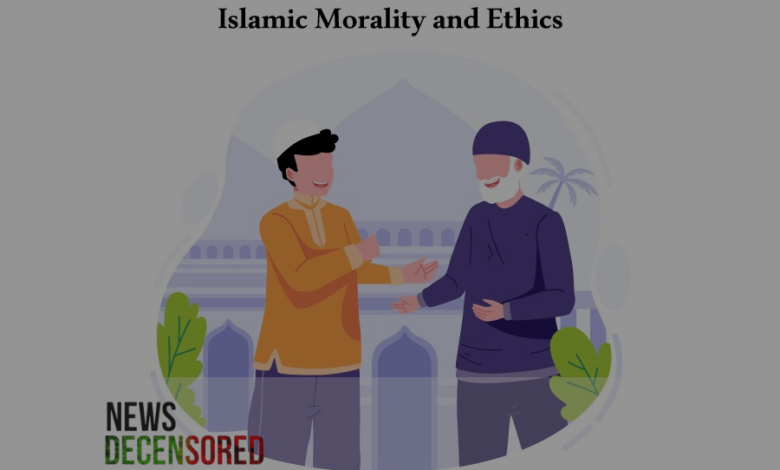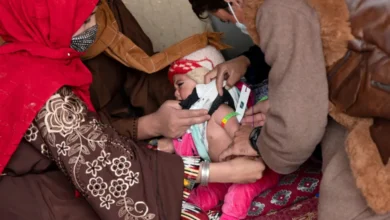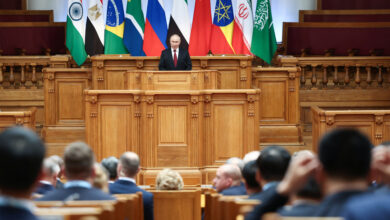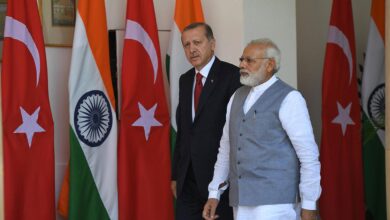Living with Purpose: Islam’s Influence on Ethical Living and Conduct

Our stay in this world is temporary. Muslims believe that whatever they sow and reap here will be rewarded in the hereafter. Accordingly, it is necessary to do good deeds and avoid evil deeds. Service to humanity is the greatest form of servitude. Remember that it is not enough to feed and clothe the poor. On the contrary, its scope is quite wide. Along with helping the destitute people, all humanitarian work should be considered as a service to humanity. We must protect people from cruelty and brutality regardless of their religious affiliation.
The Messenger of Allah (peace and blessings of Allah be upon him) said: Help your brother whether he is oppressed or wronged. The Companions asked that if he is cruel, how will we help him? He (peace and blessings of Allah be upon him) said: Stop him from cruelty.
As human beings, we have a great responsibility. If a person does not share in the suffering of others, then he lacks human values. In this context, Maulana Syed Abul Hasan Ali Nadvi’s thoughtful speech is worth mentioning.
‘A heart that does not feel the pain of others is not a human heart. This is the heart of a lion. An eye that is not moist is not a human eye. This is the eye of Narcissus. A forehead that is not wet with the sweat of repentance is not human. It is a piece of rock. The hand that does not move forward in the service of humanity is practically paralyzed and lifeless. A lion’s paw is better than the hand of a man who cuts another man’s throat.’
Corruption and other evils are prevalent in society today. No one raises his voice against them or tries to stop them, while the Prophet (peace and blessings of Allah be upon him) said:
“Whoever among you sees an evil, he should try to change it with his own hands, and if he does so, If you can’t, use your own language. (by condemning it). And if he does not have such courage, at least he should understand in his heart that it is bad and that it is the lowest level of faith.
In the above-mentioned tradition, the Holy Prophet (peace and blessings of Allah be upon him)
has mentioned three stages of reformation.
● If someone sees evil, he should change it with his own hands.
● If one does not dare to do so, then use language.
● If one does not have the courage to use the tongue, one should understand in one’s heart that it is bad and it is the lowest level of faith.
Undoubtedly, if we take this saying of the Holy Prophet into consideration and follow it, many
evils can be eliminated.
The Messenger of Allah, may God bless him and grant him peace, said: “The feet of the children
of Adam will not move on the Day of Resurrection until they answer five questions:
● In what work has he spent his precious life?
● How did he use his knowledge?
● Where did he get his sustenance and in what ways did he spend it?
● How he expended his physical and mental energies and finally:
● What part or percentage of it goes in the favor of Allah?
It is clear from the above-mentioned traditions of Prophet Muhammad (PBUH) that we are responsible for our own actions.And that Islam is beyond just a religion. It gives a complete ethical model to follow ensuring brotherhood, a healthy and supportive lifestyle. As the Holy Qur’an says: “You are the best community that has been raised for mankind. You enjoin good and forbid evil.’’




